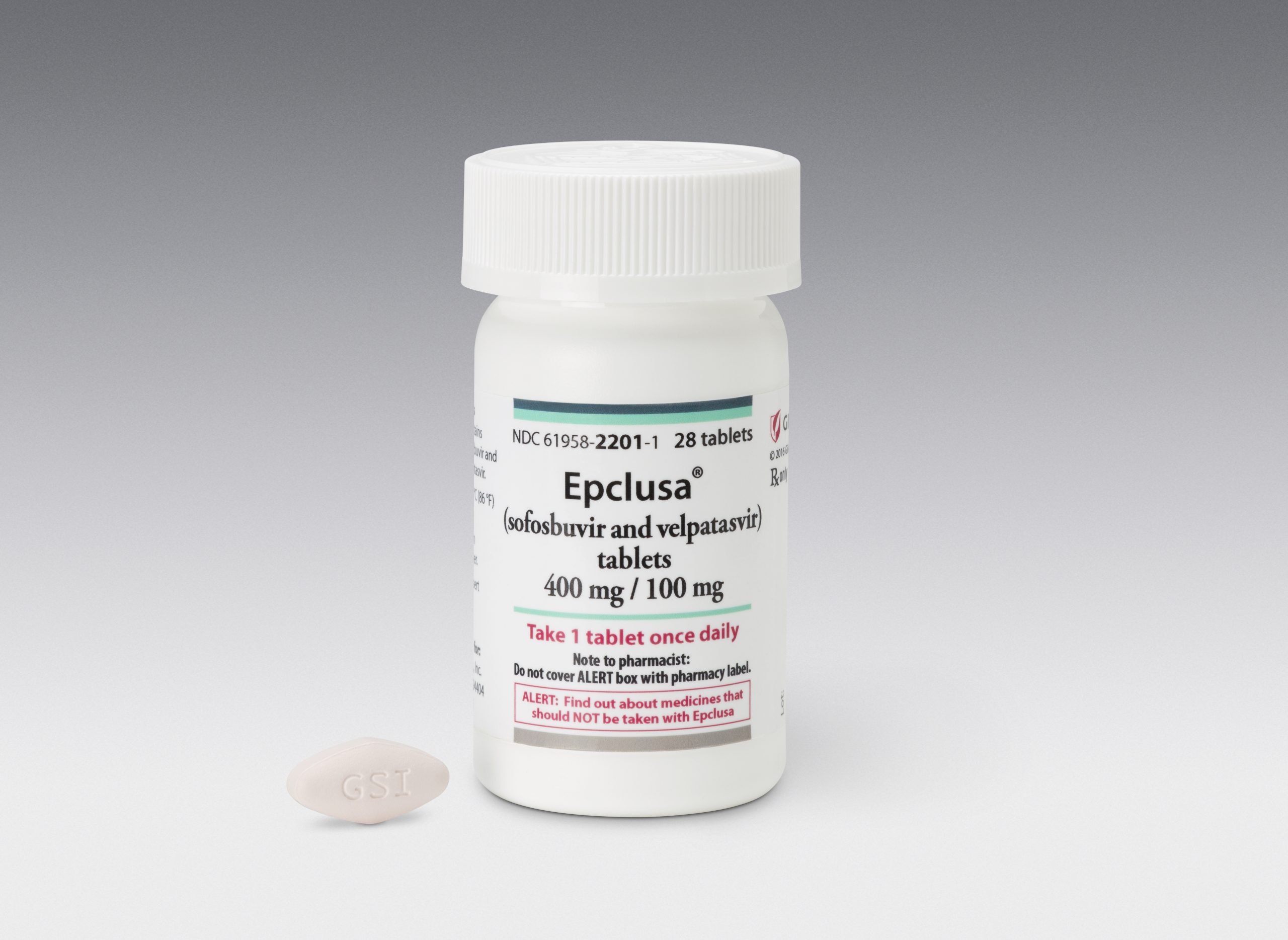Gilead hopes cut-price pan-genomic hep C combo will revive sales

The FDA has approved Gilead's Epclusa (sofosbuvir+velpatasvir) for hepatitis C, the first interferon-free combination treatment for all six major forms of the virus.
The drug represented the next rapid evolution in the hep C market, with Gilead once again setting the pace ahead of its rivals - but also trying to lift flagging sales in its multi-billion franchise.
There are six major genotypes of the virus, and knowing the genotype helps inform treatment recommendations and duration of treatment.
In the US, three quarters of hepatitis C patients have genotype 1, 20-25% have genotypes 2 and 3, and small numbers have genotypes 4, 5 and 6.
Based on sofosbuvir, the active ingredient in Gilead's Sovaldi, and a new agent, velpatasvir, the drug is expected to be a multi-billion seller for the Californian-headquartered pharma company.
Sales of Sovaldi and the already marketed combo Harvoni (ledipasvir+sofosbuvir) have levelled off due to competition from rivals from AbbVie and Merck & Co, totalling $4.3 billion in Q1, below expectations of around $4.6 billion.
What is also hugely significant is Epclusa's low price, which will be around $74,760 for a 12-week course, before any rebates offered to payers. This is less than the list price for Sovaldi and Harvoni, priced at around $84,000 and $94,600 respectively, and lower than AbbVie's Viekira Pak at $83,319.
If Gilead allows payers to negotiate similar discounts on Epclusa to its existing drugs, the new treatment will become the main treatment of choice for most treatments.
Merck's Zepatier is still cheaper at $54,600 for 12 weeks, but it is a latecomer to the therapy area, and hasn't made major inroads into Gilead's dominant market share.
The new combination is expected to put sales on an upward trajectory again, with Leerink analyst Geoffrey Porges predicting peak sales of $10.3 billion in 2017, dropping to $2.2 billion in 2021 because of competition.
Gilead argues the treatment costs are more affordable for paying for liver transplants, cancer and hospitalisations.
Epclusa carries a warning for patients and health care providers that serious slowing of the heart rate (symptomatic bradycardia) and cases requiring pacemaker intervention have been reported when amiodarone is used with sofosbuvir in combination with another HCV direct-acting antiviral.
There is still some room left for further improvement in hep C care. Epclusa is the first single tablet regimen approved for treatment of patients with genotypes 2 and 3 without the need for ribavirin, however those patients with moderate to severe liver cirrhosis must still take the drug.
Epclusa looks likely to be approved in the EU during the coming weeks, following a recommendation by the CHMP scientific committee at the end of last month.
Gilead will have at year or more before Epclusa faces any direct competition. AbbVie has its own pan-genomic treatment in the pipeline, a single pill combination of ABT-493 and ABT-530, but only initiated phase 3 trials of the drug in January.












